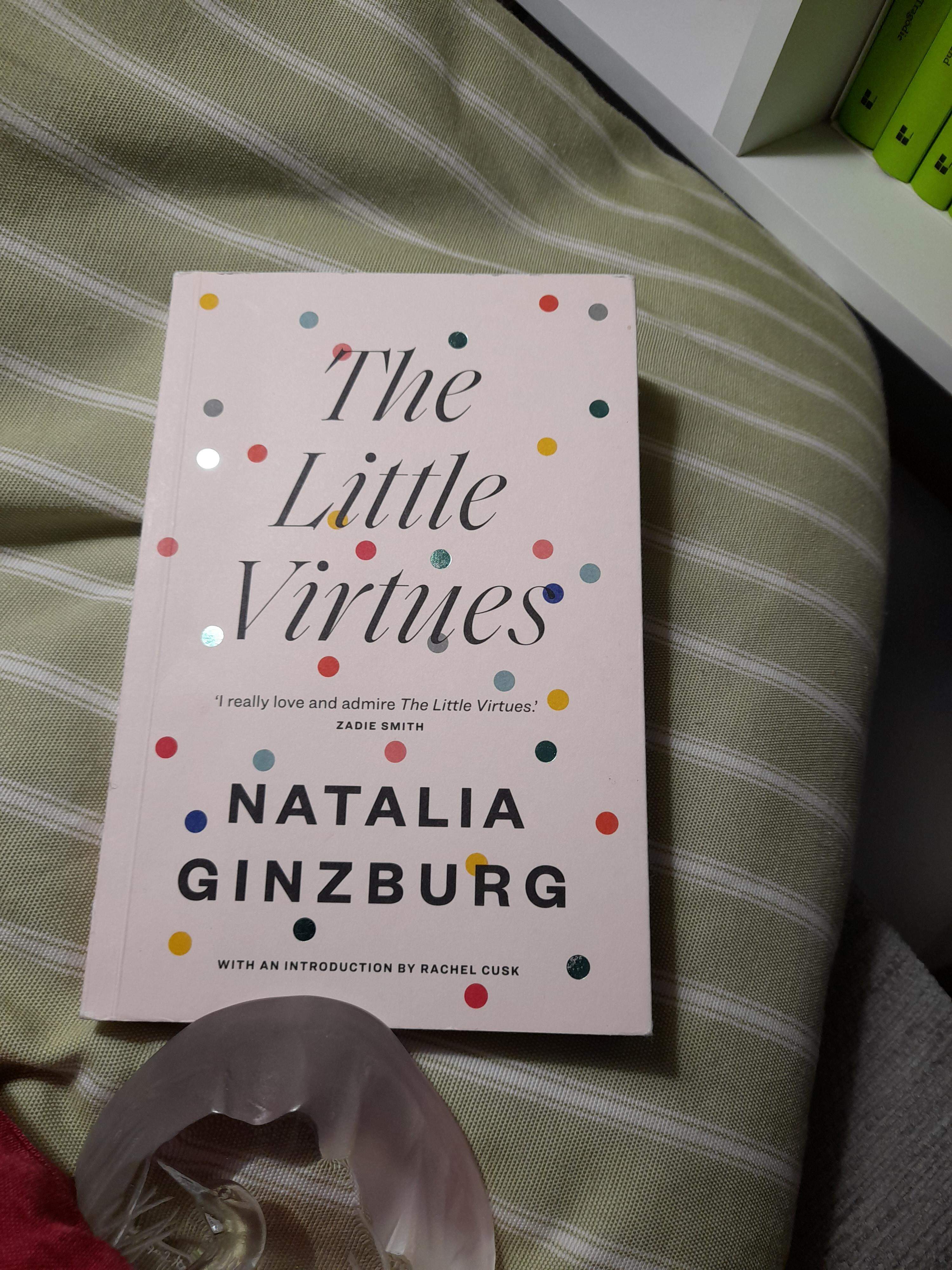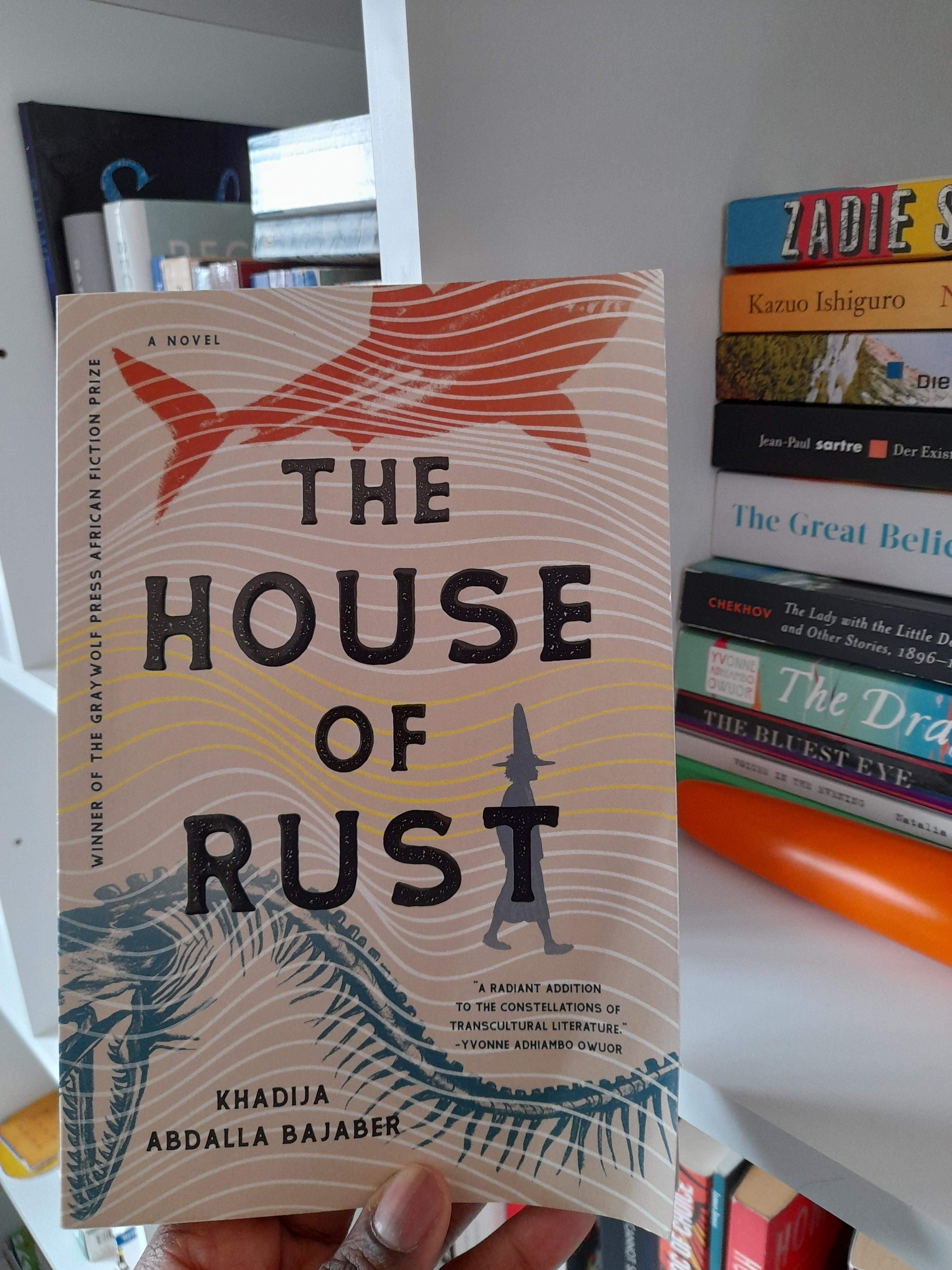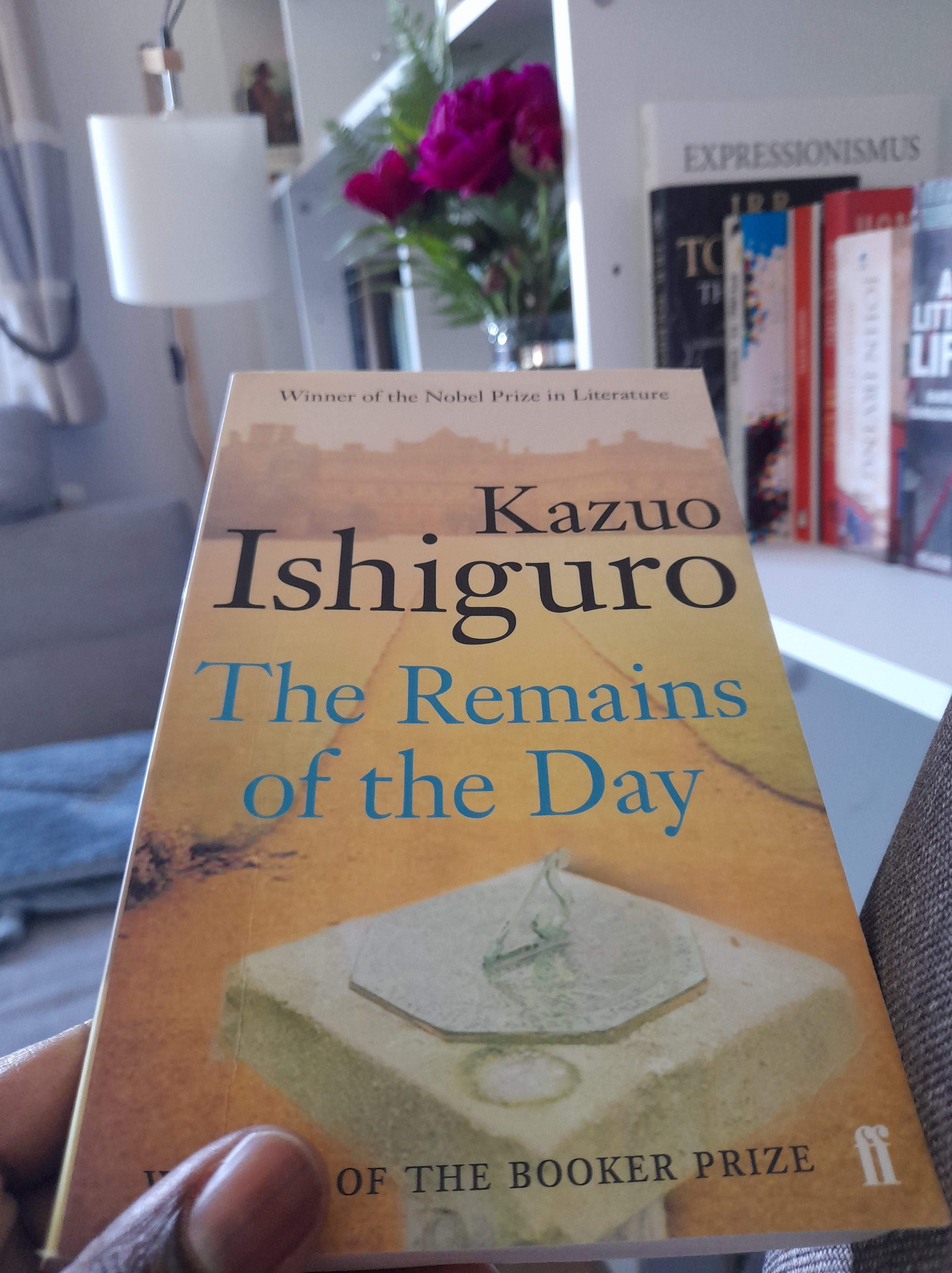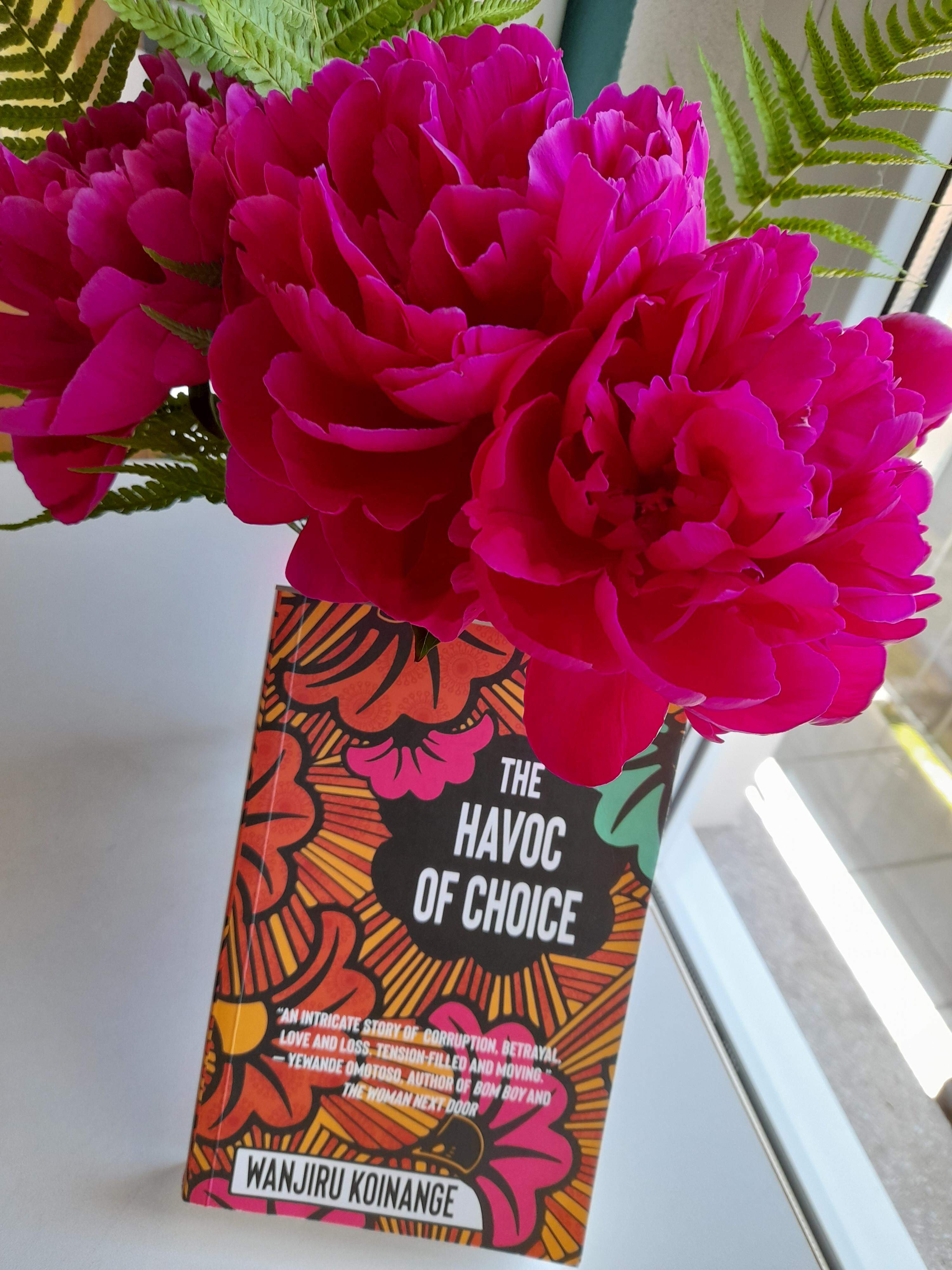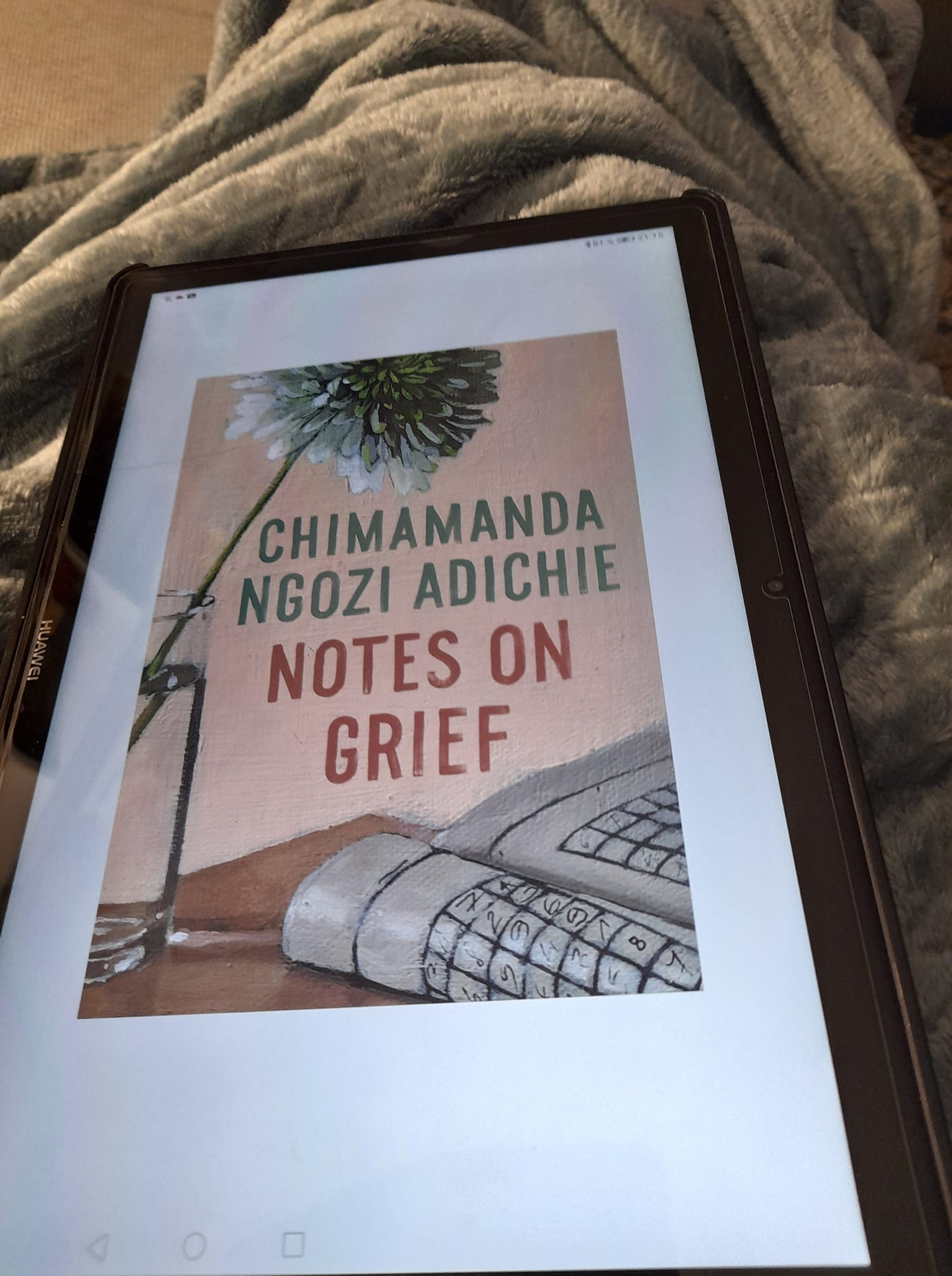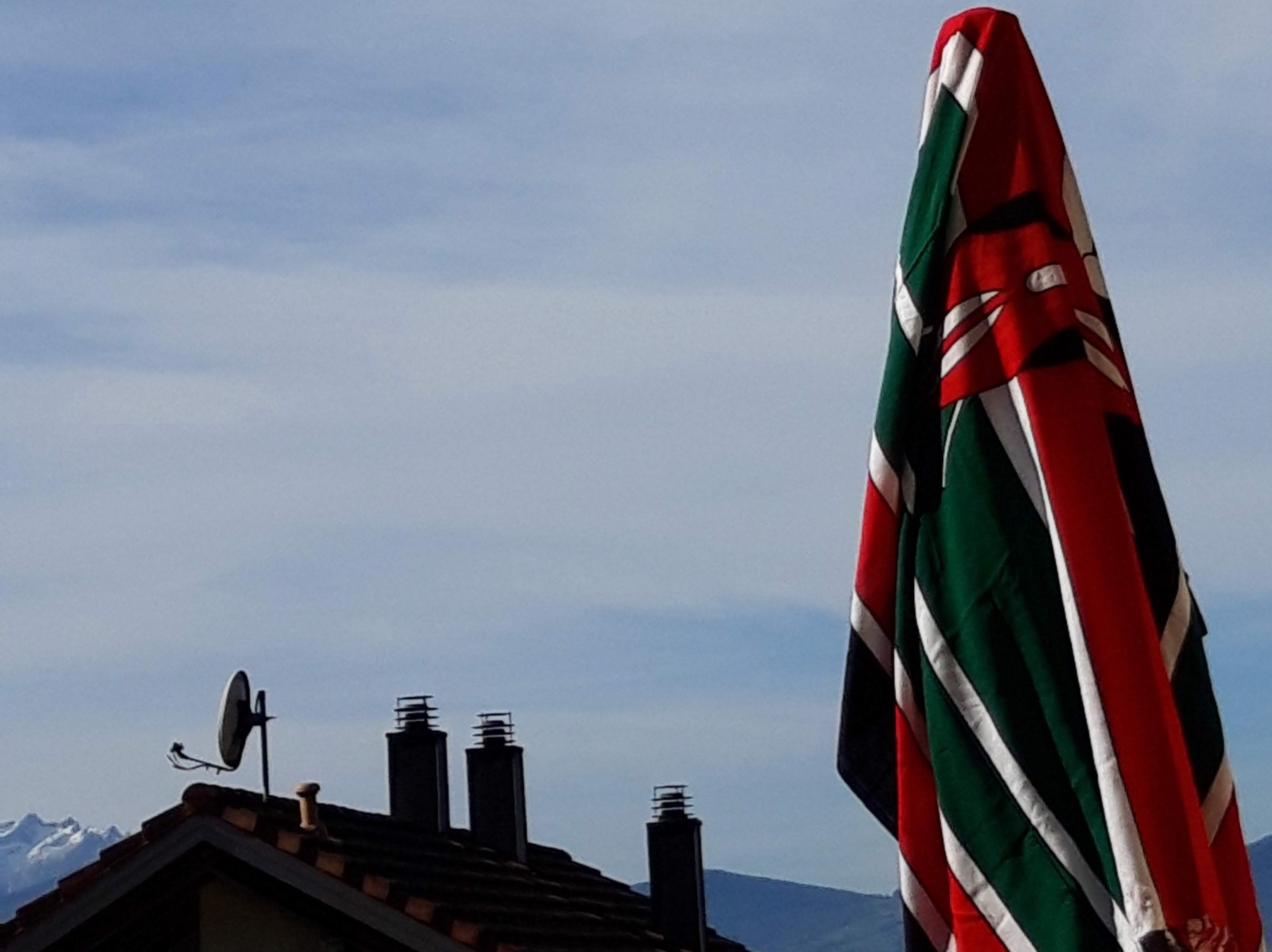
In words that I recently heard somewhere; the Kenyan Diaspora could be one of the most powerful constituencies, leading and influencing policies if they felt inclined to. That is, if they exercised their muscle. Why then, do they lay low? Once in a while their insignificant grumble can be heard. Mutterings of things no one in Kenya really cares about. Like the quality of services in the embassies. The need for more embassies. More consulates (raised eyebrows). Oh, and that one time they minimally raised their heads to propose voting for their own representatives in government. Consequently, the head was lowered back down. They all went back to their busy lives and to the business of sending their hard-earned Dollars and Euros back to a country they seem not to care much about its running. Or do they?
I would argue they do. For how could they not? We all belong somewhere. Just as a man cannot be defined by a single thing, so is belonging to multiple things and places concurrently an innate human experience. The place we were born and raised in, also in a sense gets born in us and is inherently infused with our core fabric. Salman Rushdie writes in Midnights Children, ‘Things, even people have a way of leaking into each other like flavours when you cook’. A place of birth, your people by birth are the first to leak into your brand-new being. They imprint themselves into our tabula rasa, our squeaky-clean slate before anything can touch it. Language, culture … Our sensibilities became Kenyan before we had a choice in the matter. No amount of years lived in a foreign country can take that away. That is why no matter how long we are away, or how well we have adapted and integrated ourselves in the foreign communities we live in, something drives us to check on a trending Kenyan story. Or follow a Kenyan comedian that offers interesting social commentary. It is evident that the Kenyan diaspora has been a big part of boosting the emerging online content from Kenyan entertainers and influences. There is an invisible string that keeps us tethered to where we came from. After weeks of hustling; rushing between head splitting school and back breaking work, kids that most probably look like but do not sound like you … and God knows what else, curiosity leads one to follow up on the latest insanity of Sonko, or another murky, heart breaking tale of corruption. And you sigh and shake your head at the insanity of it all. Why not say something? But what would that achieve? So, should we all be silent?
‘’Bad men need nothing more to compass their ends, than that good men should look on and do nothing’’ – was said by John Stuart Mill many moons and many corruption scandals ago. Not everyone feels spurred to say anything in any public way. And that is alright. As many and as diverse as the Kenyan diaspora demographic is, I strongly believe there are those who have felt from time to time an urge to do or say something concerning matters back at home. Normal people with normal lives and who are nobodies in the large scale of things. Their voices should be heard. Their voices deserve to be heard. They should feel emboldened to use their voices however significant or insignificant those voices might be. Or however unpopular their views might be perceived to be. The fact that they send money back at home or that they have family ties there does not primarily give them this right. They deserve to be heard simply because they are Kenyan. They are Kenyan no matter how many years they have been away and no matter what passport they hold. The Kenyan constitution goes as far as recognising that citizenship by birth cannot be lost.
Often, voices from diaspora are dismissed with the reasoning that they no longer belong. Much in the lines of, ‘they are used to things working differently where they live’, and so their views are viewed much like those of foreigners. It goes without saying that the diaspora also shies off from speaking up too loudly or speaking up at all for that matter, afraid of being dealt the ‘foreigner’ card. Or worse, the ‘snobby’ card. Yet if their views are in any way foreign, it is that very fact that adds to their value. Often, it is when we step back from something that we gain a different perspective. I do believe Kenya has something to gain from the perspective of the diaspora much as it gains from voices within. It is to be hoped that the diaspora will make itself heard in the future, in whichever form they will choose, either as collectives or as individuals without being dismissed.
